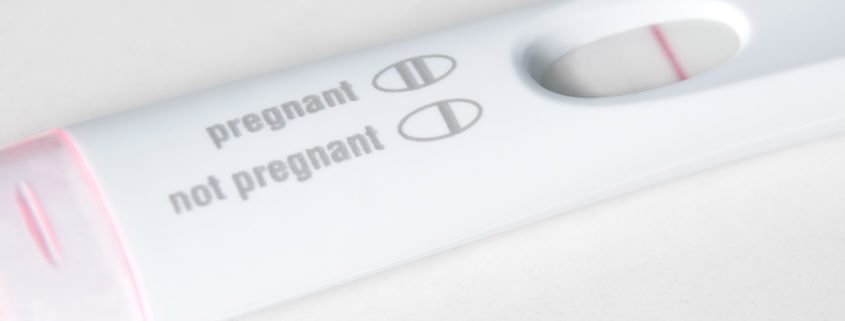Fibroids and Infertility: Is There a Connection?
While uterine fibroids are more common as a woman ages, approximately 20-30 percent of women of childbearing age are affected. These noncancerous tumors of muscle tissue in the uterus can cause back pain, abdominal pressure, urinary frequency, and heavy, painful, prolonged periods. Reproductive problems, such as infertility, can also be caused by uterine fibroids.
Are Fibroids The Cause of My Infertility?
Fibroids are the cause of infertility in some cases, so it is possible. Approximately 5-10 percent of infertile women have fibroids; however, when all other causes of infertility are eliminated, fibroids may only account for 2-3 percent of infertility cases.
Fibroids can cause the uterus to change shape, which can decrease fertility. The size, number, and location of the fibroids determine whether or not they affect a woman’s fertility. Fibroids located in the wall of the uterus (intramural) or on the inside of the uterus, bulging inward (submucosal) may affect fertility. The large majority of fibroids, though, are very small or located in an area of the uterus such that they will have no impact on reproductive function.
How Do Fibroids Affect Fertility?
The following are ways uterine fibroids can decrease fertility:
♀ Fibroids can distort the shape of the cervix and can affect the number of sperm that can enter the uterus.
♀ Fibroids can create an abnormal uterine cavity, which can also affect sperm transport and can affect embryo implantation.
♀ Fallopian tubes can be obstructed or distorted by fibroids, preventing the egg from passing through.
♀ The lining of the uterus can be affected by fibroids, which can impact implantation.
♀ Blood flow to the uterine cavity can be affected, decreasing the ability of the embryo to implant or develop.
Should I Attempt to Get Pregnant If I Have Fibroids?
If you already have fibroids and get pregnant, it may be difficult to carry to term, as fibroids can lead to preterm birth or miscarriage. Fibroids rarely affect the baby, although they can change the baby’s position in the uterus, increasing the likelihood of the woman needing a cesarean section. Fibroids are found in up to approximately 10 percent of pregnant women, but not all fibroids get larger or cause problems in pregnancy; however, it is not advisable to attempt to get pregnant until after you deal with your fibroid problem.
What If I’m Already Pregnant?
Talk to your doctor, so that your fibroid condition may be monitored, and be sure to let him or her know if you experience any pain or contractions. It is recommended that you delay treatment for your fibroids until after you give birth. While increased hormones can cause fibroids to grow, no procedure should be performed while you are pregnant.
What Can I Do If I Think Fibroids Are Affecting My Fertility?
First of all, talk to your doctor. If he or she thinks that fibroids are the cause of your fertility, there are treatment options that can help. Uterine Fibroid Embolization (UFE) is a minimally invasive, nonsurgical procedure that blocks off the blood supply to the fibroids and is a good option for young women who want to conceive. Removal of fibroids through embolization may increase your fertility afterwards; however, each case is different. How your fibroids are managed depends on your unique situation and your doctor’s recommendations.



